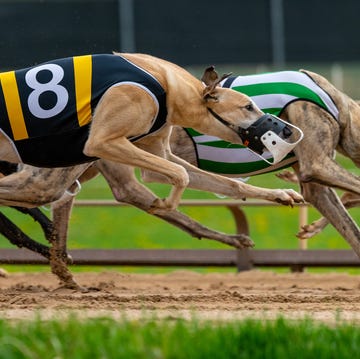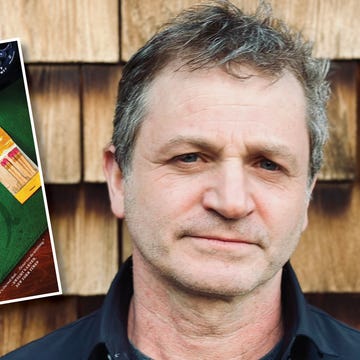What happened to Beat generation poet Lew Welch, and what can we learn about him from the extraordinary body of work he left behind? Journalist Brad Rassler spent months researching Welch’s life and death for Alta Journal. I Went Southwest, featured in Alta’s Issue 32 as a pullout folio, chronicles Welch’s poetry and untimely disappearance, those who knew him and studied from him, and Rassler’s own journey to better understand a beloved poet. Rassler joins Alta Live to detail his many interviews with Welch’s friends, including the poet Gary Snyder and musician Huey Lewis, the poet’s stepson. Don’t miss this special and eye-opening conversation about an important West Coast literary voice who left us too soon.
Join Alta Journal and Brad Rassler for a celebration of Lew Welch's work at City Lights on Thursday, July 31 at 7pm Pacific time.
REGISTER
About the guest:
Brad Rassler writes at the intersection of place, politics, and the American West. His work examines how environmental and cultural forces shape communities, often revealing the contradictions within conservation movements and outdoor culture.
Rassler brings both insider knowledge and critical distance to subjects ranging from endangered species politics to disappearing poets. His investigations have opened sealed police files, traced the influence of obscure gear designers, and embedded him with social media–savvy bush pilots to understand how technology reshapes traditional outdoor pursuits. His writing is marked by a subtle, surprising humor that emerges throughout his work, offering moments of levity within serious subjects.
Rassler’s reporting appears in Outside, Alta Journal, and other publications. He is the founding editor of Sustainable Play, an online magazine exploring the relationship between recreation and environmental stewardship.
He lives in Nevada’s Carson Range, where he continues to explore the landscapes he chronicles. His writing consistently finds universal themes within specialized communities, making complex environmental and cultural issues accessible to broader audiences while maintaining the depth that the subject matter demands.
Here are some notable quotes from the event:
- On finding the story: “When you’re a freelancer, you’re either working on a piece or you’re searching for your next piece. I was searching for my next piece, and I think a friend—who is a poet—sent me some link, and the link turned into another link, and before I knew it, I was looking at this Facebook brief about a poet who wanted to be eaten by turkey buzzards. And it’s just a classic thing. I burrowed into that, and by the time I was finished with it, I knew I was going to be writing about Welch.”
- On obtaining Welch’s incident report: “No one had been able to get their hands on the incident report, and it was important to me to contrast cold facts with the fictions that have sprung up around Welch. When I made the original request, it was denied—Welch is still considered a missing person. And then I reminded them that Welch had been seen in Nevada City a week later, according to accounts at the time. Something kind of shifted, and I heard from Nevada County again, and they released the incident report for the first time.”
- On Welch’s death: “His bones are lying somewhere on Bald Mountain or along the South Fork Yuba. The sighting at the Bank of America the week after Lew disappeared seems to have been bashed in by this idea that the timing was all wrong on that. And Lew’s wallet was found in Snyder’s house years later, so he wouldn’t have had a way of identifying himself. No, Lew, for various reasons, Lew died. He either took his life or he was killed by exposure to the elements because weather came in. That’s my opinion.”
- On what he hopes readers take from the folio: “I hope they seek out Lew’s work. His poetry is really salient today—he saw many years ahead. In the piece, I say he saw what ails us coming decades in advance. He’s a special poet, and I hope people read Welch.”
Check out these links to some of the topics brought up this week.
- Read Rassler’s folio, “I Went Southwest.”
- Join Alta Journal, Rassler, and City Lights Bookstore to celebrate Lew Welch on July 31 at 7 p.m. Pacific time in Kerouac Alley—more details here.
- Take a look at Alta’s appreciation of Jack Kerouac’s The Dharma Bums—included on our “25 Books That Define California” list.
- Check out Rassler’s work for Alta Journal.
- Learn more about Philip Whalen.
- Watch Jeanne C. Finley’s A Radical Thread, a film about the San Juan Ridge Tapestry Project.
- If you love Welch’s work, check out Kenneth Rexroth and William Carlos Williams.
- Read San Francisco Beat, by David Meltzer.
- Visit the Beat Museum in San Francisco’s North Beach neighborhood.•











